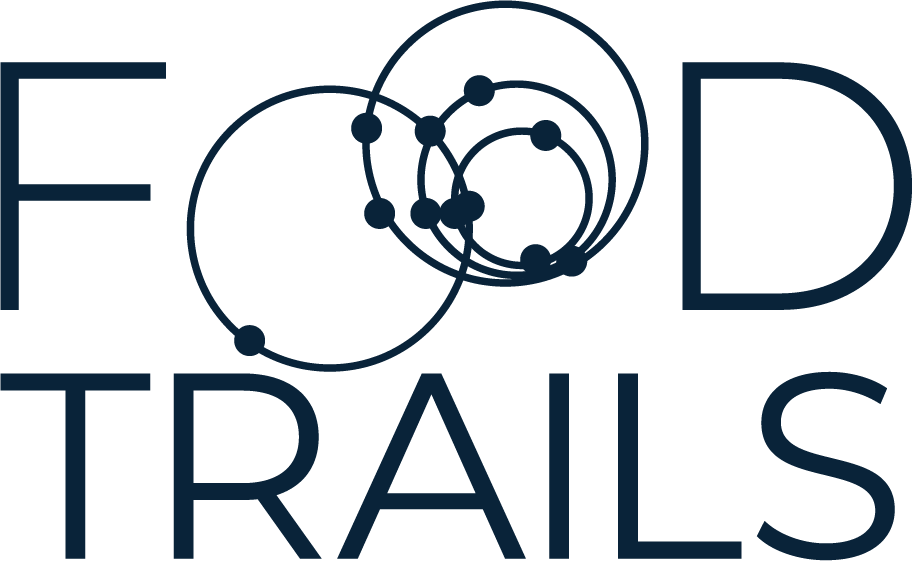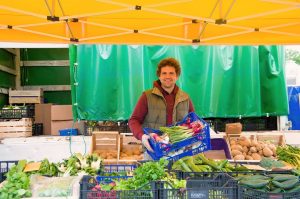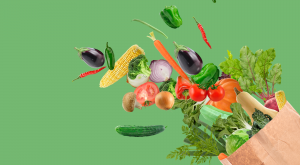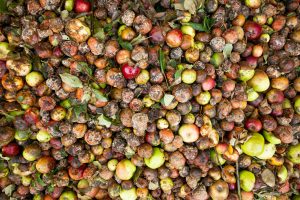The Food Trails cities of Copenhagen, Milan and Bordeaux Metropole took part in the second annual Edible Cities Network Conference, in Barcelona, 15 – 17 March 2023, on the theme “Advancing the Edible City.”
The event provided a platform to researchers, policymakers, cities, civil society and entrepreneurs to explore ideas, practices and systems necessary to support the sustainable, resilient and socially just development of our cities’ food systems.
The cities shared their innovative approaches and practical solutions to promote sustainable public procurement within the urban context in a side event on March 17, a day dedicated to “Reflecting on the Future of Edible Cities”.
The session was moderated by Kristin Reichborn-Kjennerud, Research Professor at Oslo Metropolitan University. The speakers were:
- Apolline Beyris-Duvignau, Bordeaux Metropole
- Andrea Patrucco, Milan Municipality
- Betina Bergmann Madsen, Copenhagen Municipality
- Line Rise Nielsen, Copenhagen Food System Centre
Bordeaux Metropole
Apolline Beyris-Duvignau from Bordeaux Metropole illustrated the city’s work on collective catering as a lever in structuring food industry sectors.
Building on the work that started in 2019 (which included a diagnosis of local canteens with data on food waste, procurement, organic food etc.), Bordeaux Metropole is implementing several concrete actions:
- Supporting local providers with training sessions and meetings about collective catering to supply public procurement.
- Organising meetings between providers and purchasers from the Metropole’s municipalities (canteens) to structure local supply chains.
- Creating an exchange between canteens purchasers to share good practices.
- Helping the municipalities change their public procurement practices.
Together, these actions aim to create a shared vision of sustainable food in the collective catering system in the city.
Milan
Andrea Patrucco from Milan Municipality presented city’s efforts in using public catering and procurement to promote healthier and more sustainable diets.
Within the Food Trails Living Lab, the Milan Food Policy Department works closely with Milano Ristorazione, the public company responsible for school meals, to enhance the circularity of the school canteen system.
Public procurement is one of the main tools to combine the supply of sustainable products (“zero km” agricultural products or those sourced from short supply chain) with educational activities involving school kids and parents.
Applying this approach, Milan has successfully adopted 26 out of 109 food products from local actors under the “zero km” label – meaning in a range of 70km or less from Milan. In addition, Milano Ristorazione has established a rice short supply chain that has involved local farmers in the City of Milan boundary for the supply of 240,000kg of rice annualy, for a tender value of € 300,000/year.
The Milan case history shows that by implementing strategic measures, canteen procurement can become a driver for mobilizing investments in local food systems, and achieving multiple co-benefits for the environment, economy and society.
Copenhagen
Betina Bergmann Madsen, Chief Procurement Officer in Copenhagen, presented actions and targets of their Food Strategy.
Specifically, Betina illustrated Copenhagen’s work within the Food Trails Living Lab, which aims to:
- Highlight the important links between Procurement Policy, Sustainable Policies and Food Strategy.
If these policies are not linked, it could be very hard to incorporate sustainability criteria into the public procurement tender. - Calculate the economic effects of transforming existing meals to more plant-based meals, including observations and working groups across different sectors, and from different kitchens.
- Create a Dialogue-App, to improve communication between the kitchen staff and contract manager. This will help improve the monitoring and implementation of the contract, by supplementing supplier statistics with user-information from the kitchens.
- Implementing a “potato-contract” bewtween potato farmers and the municipality, that includes teaching materials and youth engagement. The farmer agrees to teach children aged 10-12 how to grow potatoes, using a potato-kit, through weekly contact with the farmer and YouTube videos. In addition, half of the children will attend a field visit to a farm, where they dig up and wash the potatoes from the field. Knowledge about potatoes will also be included in school teaching materials in biology, math, history, and cooking.
Conclusions
Overall, the Food Trails cities demonstrated the potential of sustainable public procurement of food and catering services to transform local food systems, by strategically targeting local sustainability effects (economic, environmental and social) through public purchasing power.
Their experiences and shared vision contribute to the future development of edible cities and the advancement of sustainable, resilient, and socially just food systems in urban environments.







